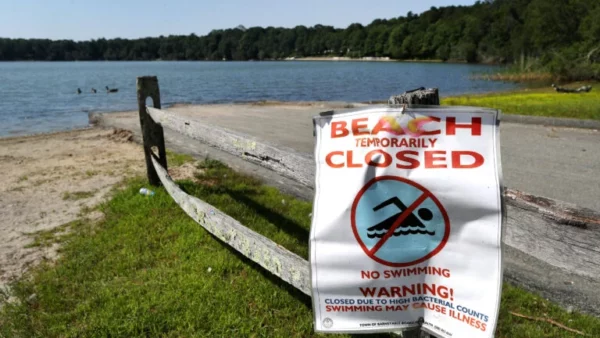Eight Earth Day Activities to Make an Impact
Learn some of the most impactful activities you can do this Earth Day.

Learn some of the most impactful activities you can do this Earth Day.

New England’s drinking water is under threat from dangerous chemicals. Toxic per- and poly-fluoroalkyl substances, otherwise known as PFAS or “forever chemicals,” infiltrate water because they are widely used in consumer, commercial, and industrial products.

Trash in landfills contaminates soil and water. That’s because all landfill sites will leak sooner or later.
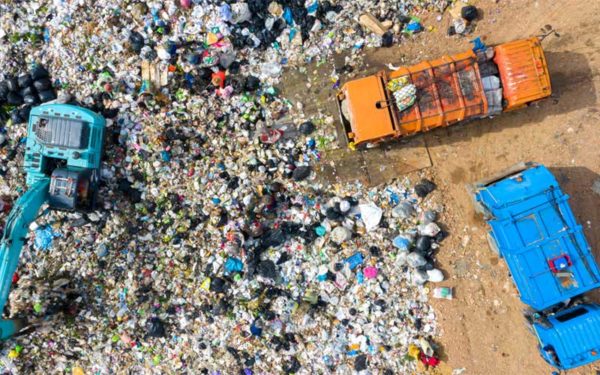
The climate crisis threatens our lives, economy, land, air, and water. The actions we take between now and 2030 will shape New England’s future and that of our children and grandchildren. Every year, every month, and every day count. With nearly 60 years of success tackling the toughest environmental challenges, Conservation Law Foundation understands the… Continue reading Conservation Matters Spring 2024: Impact Report
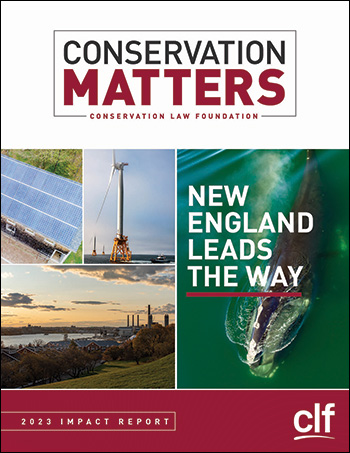
New England’s last two coal-fired power plants will close by 2028 and the region will finally be free of this polluting, toxic, climate-changing fuel.
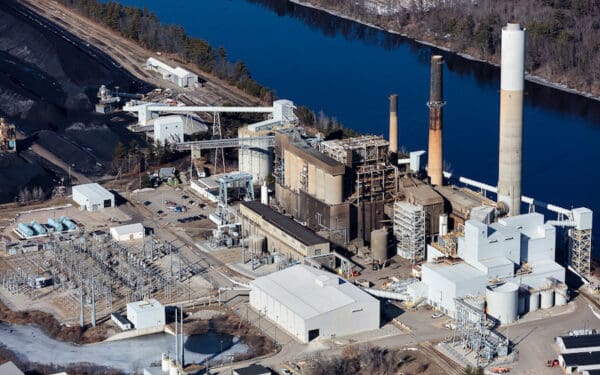
CLF is holding a big polluter accountable while allowing communities to restore contaminated public waters.
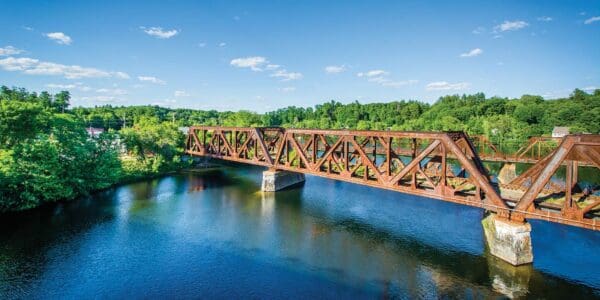
CLF’s top dog calls for action on toxic pollution that can kill dogs and sicken people
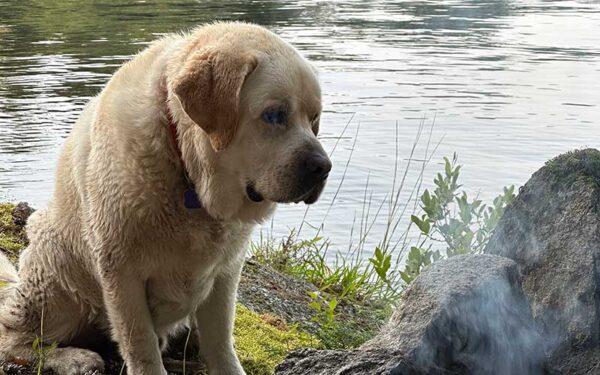
The Charles, Neponset, and Mystic Rivers are one step closer to getting cleaned up, thanks to action by CLF.
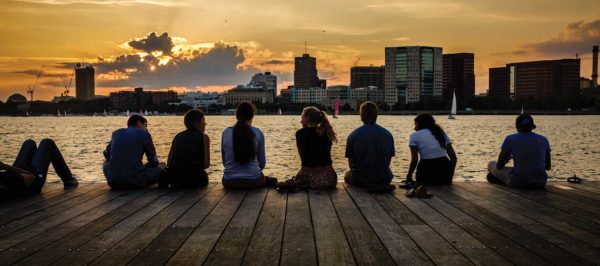
“The stench and polluted air and water from Twin Rivers has negatively impacted the health and quality of life of community members for too long,” said CLF attorney Erica Kyzmir-McKeon. “Everyone in this community has a right to clean air and water. This facility needs to own up to its unlawful actions and prioritize stopping this pollution for good.”
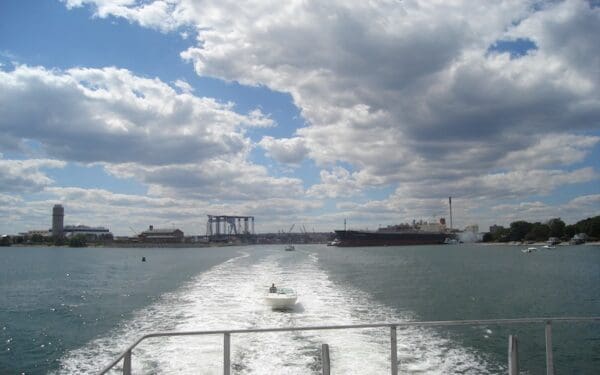
Numerous beach closures in the summer of 2023 were a result of climate change and stormwater pollution.
